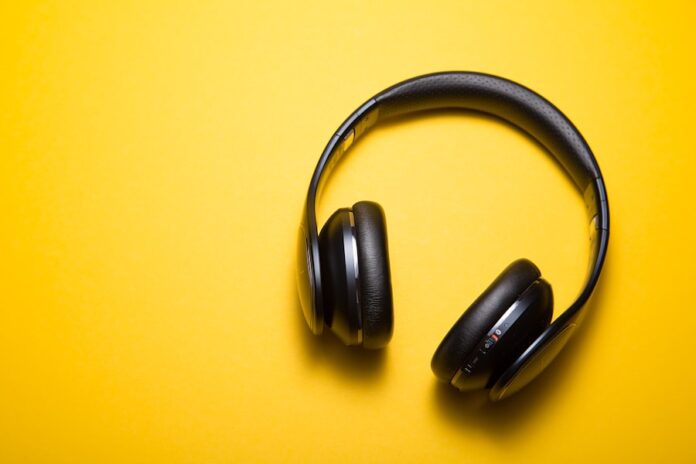
The technology is always advancing and has significantly impacted the music industry. What has been leading the change is the availability of Music AI tools for independent artists making them find new ways on how they can create music. These tools are proving to be a boom for those artists who might lack time to produce quality music and or lack the necessary equipment. Now, it’s time to explore how AI music generators are transforming the music industry, especially for these musicians.
The problem: limited resources and high competition
Independent artists experience various challenges as will be evident from the subsequent sections of this paper. Funds might be a constraint as it’s not easy to pay for expensive studio space and equipment. Also, as it was indicated the music market is rather competitive and there are a lot of talented people everywhere. Creating music using more traditional methods can be as labor-intensive and requires a great deal of skill and understanding. This may pose serious challenges, especially to newcomers to the art market.
AI music generators: a new wave of innovation
Here comes AI-generated music. Music production tools are used in composing music right from the basic rhythm to building a music track. Currently, there are many applications in development by companies like Amper Music, Aiva, and MuseNet by OpenAI. They present opportunities to allow you to make music by selecting the genre, instruments, and other parameters.
AI music generator tools are already helping producers advance and popularize the process of music creation. These overcome the set barriers and thus make the process of creating quality songs easier. For instance, Amper Music lets you create music by choosing mood, style, and number of bars. This track can be adjusted as needed then by the AI, thus being less time-consuming and costly.
Opinions and solutions available on the market
Several AI tools for music started to gain more popularity. Let’s look at some notable ones:
Amper Music: Known for its simple and user-friendly interface, this application called Amper Music allows artists to produce individual music tracks without requiring them to have any musical knowledge. Listeners can select various parameters such as the music genre, the mood, and the tempo to obtain different tunes.
Aiva: This AI composer is usually used for video games, commercials, and more. Aiva is an AI tool that generates new music based on deep learning to apply to different music styles. It’s especially suitable for producing orchestral and cinematic music.
MuseNet: Developed by OpenAI, MuseNet can generate music in many styles, from classical to contemporary. It is easy to create slow tempos while simultaneously creating complicated rhythms, and it can mix genres and instruments in new ways that are difficult when done manually.
Endless: This app is a social platform where people can interact and create music together. It enables multiple users to come together and simultaneously record and edit loops as well as tracks in real time and integrates social media features into music production. This makes it ideal, especially for artists who work in groups or collaboration with other musicians.
Personal opinion: the future is bright
It does wonders for independent artists, musicians, and other entertainers who are all into the use of AI tools for music production. These tools of course also serve to make music production easier while at the same time expanding the possibilities of the music that can be created. Having a concept that is not restricted by the brackets of having no recording studio or even years of learning an instrument to create an entire album. Interestingly, artists with post-production AI music generators get the aid they require to fine-tune their imagination.
Also, the use of AI in the production of music is not a phenomenon of recent times because the market is expanding currently. For instance, based on a report conducted by MIDiA Research, the field of AI is expected to influence the music market by stimulating new trends and market movements including self-releasing artists and consumers becoming artists.
Furthermore, there is creativity AIs are capable of, and the event presented by the AI Song Contest showcases it. In this competition, songs developed with AI support are to be presented; such examples illustrate how AI can help to advance the field of music composition.
Conclusion: embracing the change
This unconventional way of producing music through AI is shocking the music industry. For independent artists, these tools are a replica of how one can compete in a section full of giants without having to spend a lot of money and time to become an expert. As for entertainment and art, AI does not threaten the existence of the artists altogether but offers new methods for creating and developing ideas.
Finally, AI music generators are changing the way music is being produced. They help producers of individual tracks to release the best songs without any difficulty as this previously could engage millions of people to a band and cause almost a revolution in the music world. The future and new opportunities will become available for indie artists as AI technology progresses, making music more diverse and progressive.

